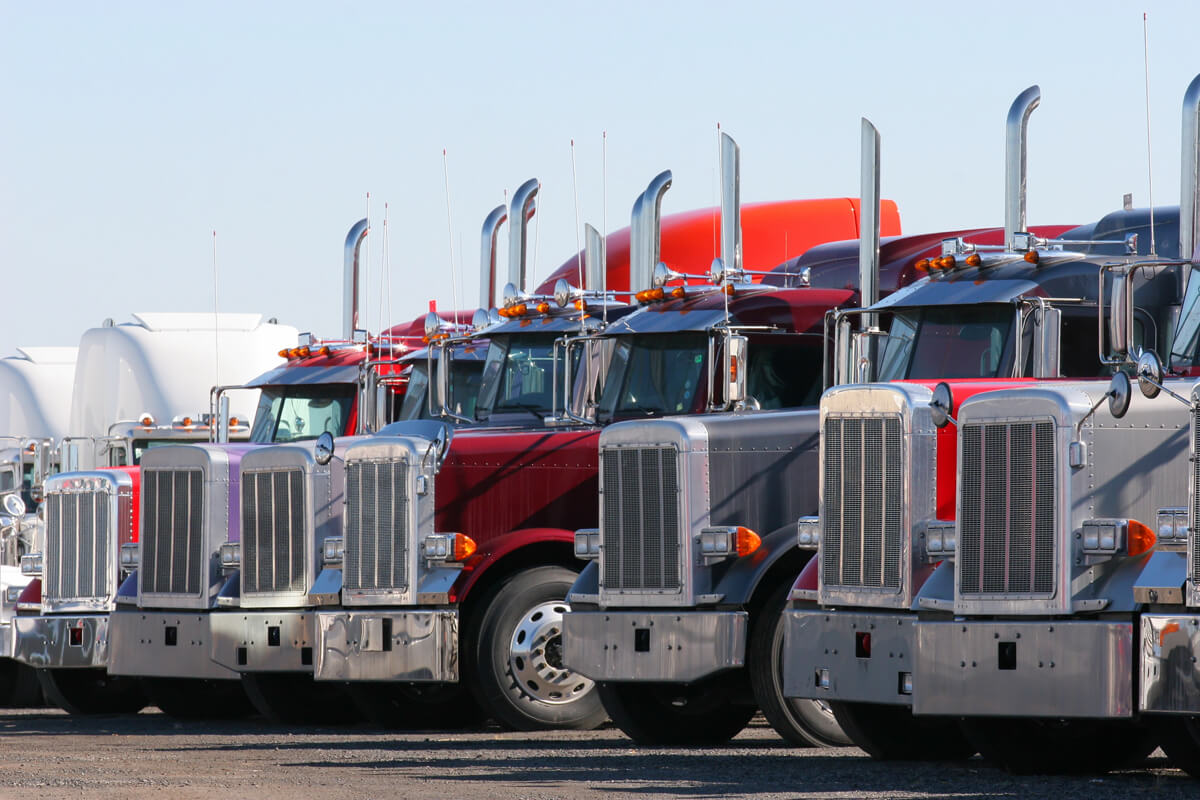Do you require quick company financing? Small firms frequently require emergency operating capital, whether to address a cash flow issue or to capitalize on an opportunity. This post will explain everything you need to know to acquire a loan as soon as feasible. Several forms of business loans provide a variety of small business finance possibilities. Certain quick business loans might be issued in a matter of hours or days. Others might take many months. Below are several popular kinds of finance, categorized by the speed with which applications can be accepted. Applications for the following business loans are typically fast loan approval quickly, or no application is required:

- Credit cards and personal loans are two types of startup financing. Lenders often expect sufficient cash flow to assure loan repayment. Often, new enterprises in their first year of existence are unable to get business loans. Instead, you will have to rely on other sources of funding, such as personal and company credit cards, as well as loans from friends and relatives. Use caution while utilizing them for business because you may lose personal assets if your company fails to take off and you are unable to repay the finance.
- A business credit line, this is a versatile method of funding. It functions similarly to a home equity line. You use the loan to meet costs as needed. When you access the cash, you only pay back the money with interest. Small firms with strong credit and a steady cash flow are usually fast loan approval for business credit lines. They are an excellent financial safety net for small enterprises.
- Loans for equipment, even if you have bad credit, you may be able to get urgent equipment financing if you are acquiring equipment for your business. The equipment you purchase serves as security for the loan and will be confiscated by the lender if you fail to repay it.
- Financing for invoice, if you are experiencing cash flow problems as a result of clients failing to pay their invoices, invoice finance (invoice factoring) may be a viable alternative. Instead of waiting for your clients to pay you, invoice financing allows you to get paid right now. The factoring business retains a part of the invoice value and assumes collection obligations, which can damage client relationships.
- It might be family or friends, if your relatives or friends believe in your business. They may be prepared to lend you money. But, you should ensure that everything is in written so that the loan does not have a negative influence on your relationship.

